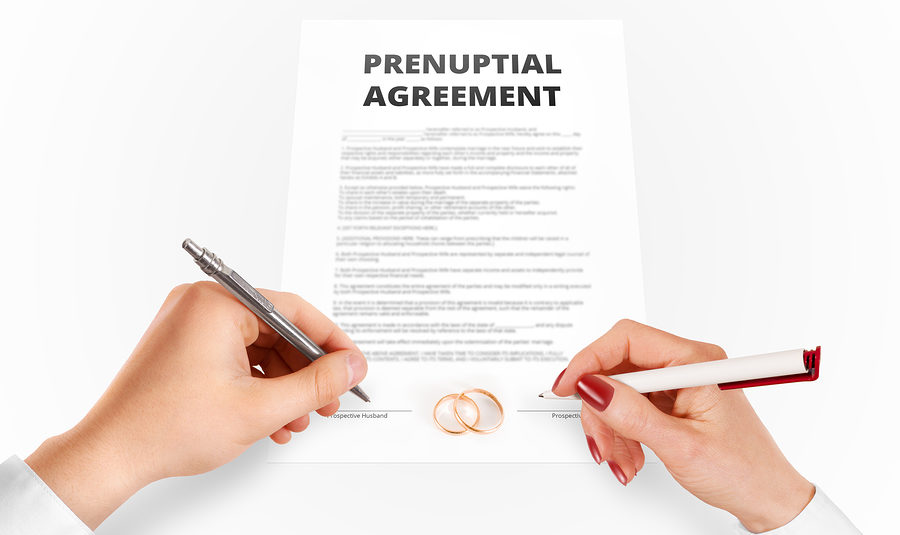No one ever says divorce is easy. That is largely because the process of ending a marriage takes a toll on most people, both emotionally and physically. But divorce can also impact other vital aspects of a person’s life, such as finances, especially if a divorcing couple is already in the midst of financial struggles or rehabilitation. One such example is bankruptcy.
Continue reading to learn how filing for bankruptcy might affect the outcome of a divorce, as well as, where to get trusted legal advice on protecting your assets following a dissolution of marriage in Florida.

Filing For Bankruptcy
Bankruptcy cases will affect assets and liabilities of a divorcing couple. It will also affect child and spousal support orders, and much more. For this reason, it is vital to hire a seasoned divorce lawyer who can help you understand what to expect from the overall dissolution of marriage process if you are facing bankruptcy.
There is more than one type of bankruptcy filing. The type a couple chooses for their financial recovery mostly depends on how much disposable income each spouse has left after paying all expenses. The type of bankruptcy filing chosen is further influenced by a divorce since such factors might be included in the filing.
Chapter 7 Bankruptcy
When a couple does not have enough disposable income to pay off their debt, and they do not own a business, they will likely file for Chapter 7 Bankruptcy. This process can take anywhere from 6 to 8 months, or longer, depending on the unique circumstances of a couple’s finances. When divorcing, Chapter 7 Bankruptcy can be completed either before or during the proceedings. However, it is strongly encouraged that each spouse finalize their bankruptcy filings separately, before filing for divorce, so that financial debts do not complicate the divorce settlement.
Chapter 13 Bankruptcy
Chapter 13 Bankruptcy is another type of bankruptcy filing option, which can take several years to complete; usually between three and five years. In such cases, it is wise to finish all Chapter 13 filings before starting the divorce process because it can drastically complicate and prolong the divorce proceedings. For instance, if a spouse, or both, own a business, filing bankruptcy prior to divorcing can ensure that the debts of the company are managed separately from the interests of the divorcing spouses.
Where to Get Divorce Legal Advice in Florida
Contact the Law Office of Shane T. Herbert at 407-887-7058 to speak with a seasoned family lawyer about getting a divorce in Orlando, Florida. From marriage and divorce, to alimony, child support, child custody, and everything in between, we can navigate all aspects of your family legal matters from start to finish. For your convenience, office visits are not required for initial consultations, as we are happy to provide them over the phone or even video conference, if needed.











